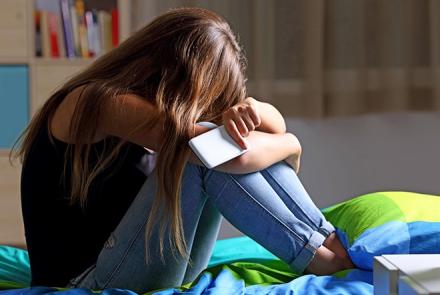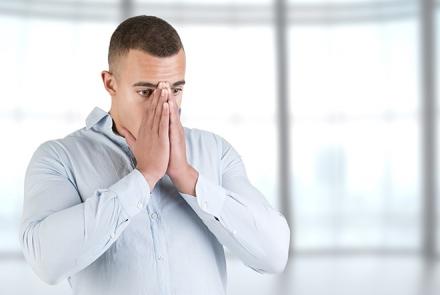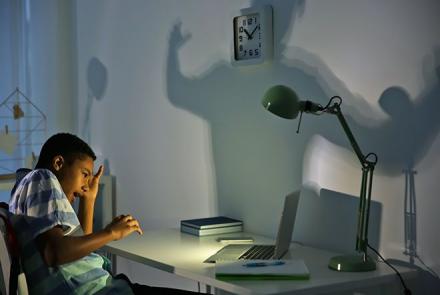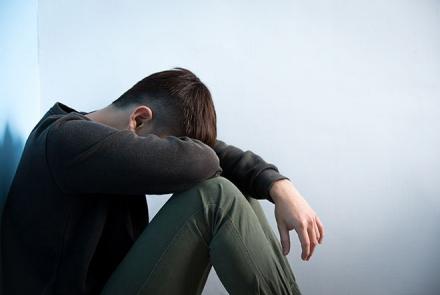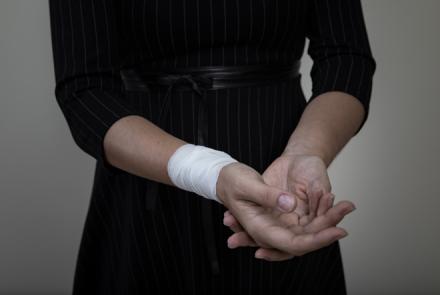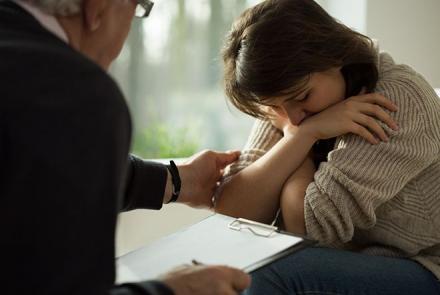
Kam Gillar, Cognitive Behavioural Psychotherapist, helps you cope with easy strategies. Plus, how to stop the negative chatter in your head.
Feeling low, worried, negative? The following strategies will help you cope better and put the spring back in your step.
1. Take time-out
Practice slow, relaxed breathing, listen to music, meditate, get a massage, or learn relaxation techniques. Stepping back from the problem helps to calm your mind. Start to form a habit of finding even 10 minutes of time-out for yourself every day. Once this becomes routine, you will find yourself simply taking time-out naturally every day. This will help you stay relaxed, calm and focused.
2. Eat well-balanced meals.
Do not skip any meals. Keep healthful, energy-boosting snacks on hand. See our stress-relieving food tips.
3. Limit alcohol and caffeine.
Caffeine and alcohol are known to aggravate anxiety and trigger panic attacks.
4. Get enough sleep.
When you are feeling stressed, anxious or depressed, your body needs additional sleep and rest. If you have difficulty falling asleep, a regular bedtime ritual will help you wind down and prepare you for bed. This ritual depends on what works for you, but the most important thing is working out a routine and sticking to it. A bedtime ritual teaches the brain to become familiar with sleep times and waking up times; it programmes the brain and internal body clock to get used to a set routine.
Winding down is an important stage in preparing for a good night’s sleep. There are many ways of relaxing:
- A warm or cool bath will help your body reach a temperature that's ideal for resting and sleep.
- Writing a "to do" list for the next day can organise your thoughts and clear your mind of distractions.
- Relaxation exercises, such as light yoga stretches, help to relax the muscles. Don't exercise vigorously, as it will have the opposite effect.
- Reading a book or listening to the radio relaxes the mind by distracting it.
5. Exercise daily to help you feel good.
Even 20 minutes of exercise a day can release feel-good hormones and maintain your health.
6. Take deep breaths.
Simple relaxing breathing, just inhale and exhale slowly to a count of 5 and repeat.
7. Count to 10 slowly.
When things get too difficult or you find yourself becoming more and more anxious, count to 10 (or 20 if necessary), take slow deep breaths and find yourself become more present in the here and now.
8. Learn what triggers your anxiety.
Is it work, family, school, or something else you can identify? Write in a journal when you are feeling stressed or anxious, and look for a pattern. This will help identify what your triggers are when you become anxious or stressed and will help you manage the situation, calmer and stress-free.
9. Accept that you cannot control everything.
Put your anxiety in perspective: Is it really as bad as you believe it to be, can you look at things differently?
10. Smile. A good laugh goes a long way.
11. Maintain a positive attitude.
Try to replace negative thoughts with positive ones. (Scroll down to see how)
12. Talk to someone.
Tell friends and family you’re feeling overwhelmed, and let them know how they can help you. Talk to a physician or therapist for professional help.
Ways to challenge negative thinking:
- Think outside yourself. Ask yourself if you’d say what you’re thinking about yourself to someone else. If not, stop being so hard on yourself. Think about less harsh statements that offer more realistic descriptions.
- Allow yourself to be less than perfect. Many people suffering from depression are perfectionists, holding themselves to impossibly high standards and then beating themselves up when they fail to meet them. Battle this source of self-imposed stress by challenging your negative ways of thinking.
- Socialise with positive people. Notice how people who always look on the bright side deal with challenges, even minor ones, like not being able to find a parking space. Then consider how you would react in the same situation. Even if you have to pretend, try to adopt their optimism and persistence in the face of difficulty.
- Keep a “negative thought log". Whenever you experience a negative thought, jot down the thought and what triggered it in a notebook.
Review your log when you’re in a good mood. Consider if the negativity was truly warranted. Ask yourself if there’s another way to view the situation.
If your physical and emotional symptoms continue to leave you overwhelmed and interfere with regular life, do consult a doctor.

